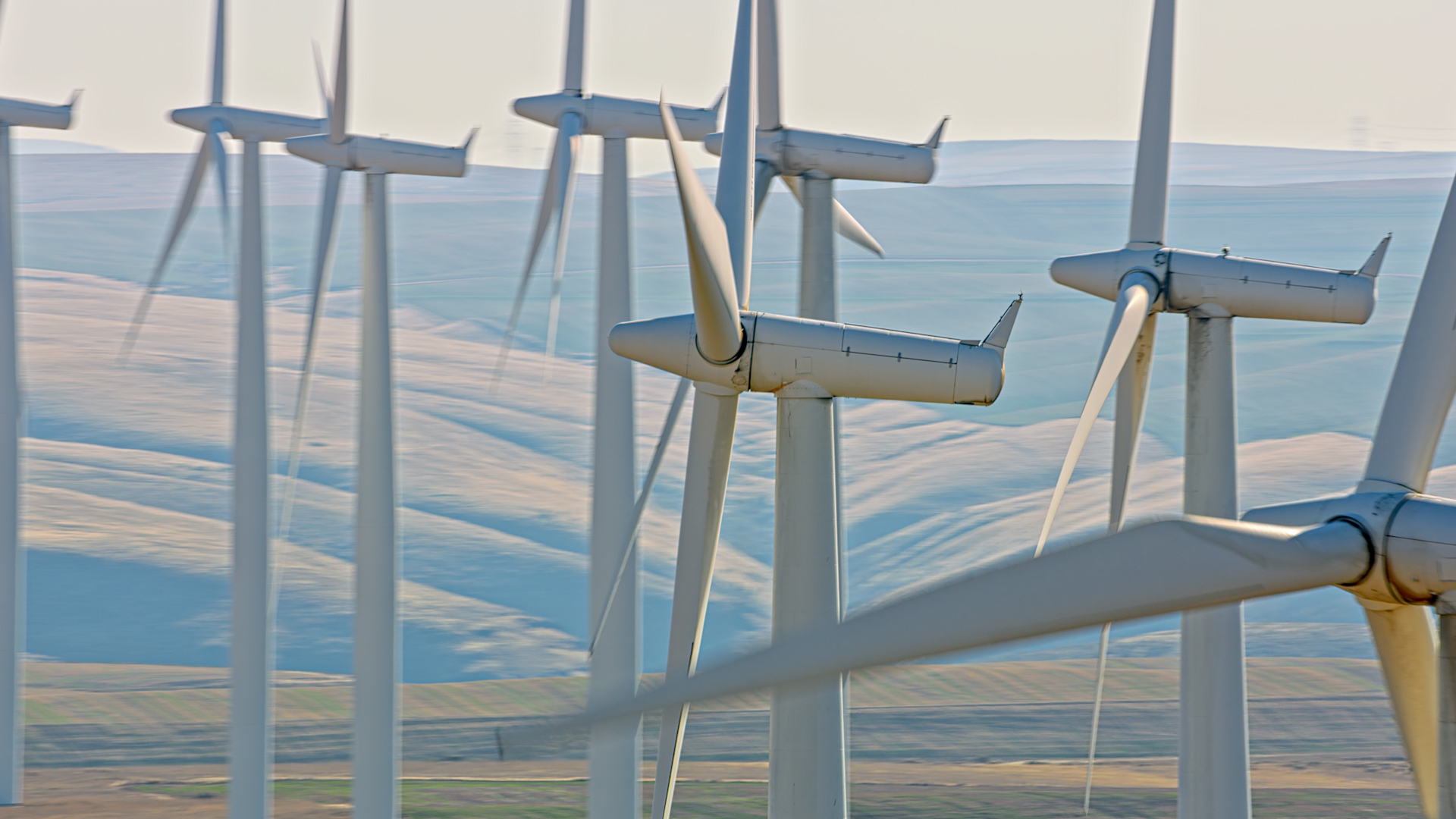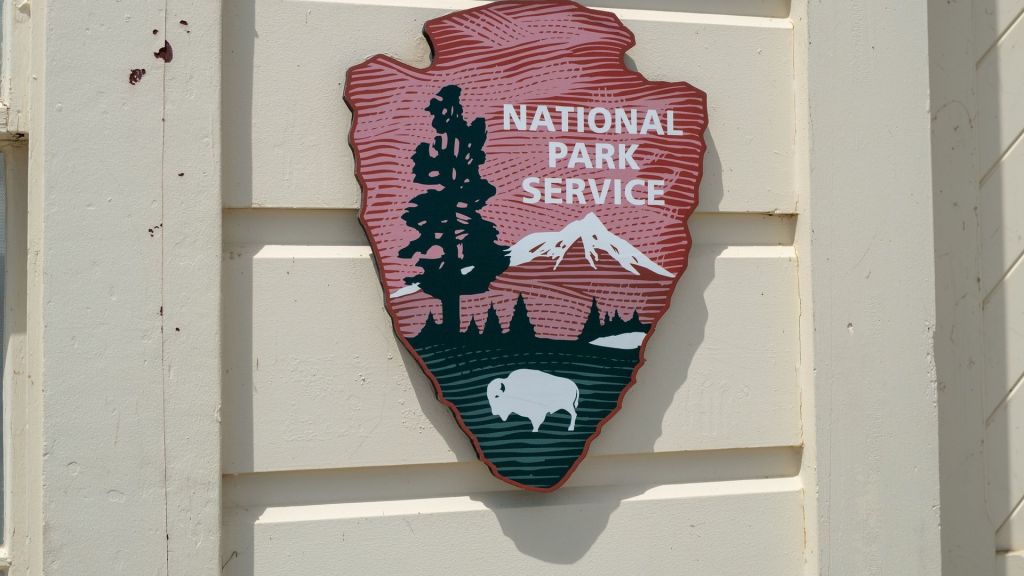
[Jack Aylmer]
WIND ENERGY DEVELOPERS IN IDAHO COULD SOON FACE MILLIONS OF DOLLARS IN ADDITIONAL COSTS-
COMING FROM NEW LEGISLATION NOW BEING CONSIDERED BY STATE LAWMAKERS.
THIS WEEK, THE IDAHO HOUSE REVENUE AND TAXATION COMMITTEE INTRODUCED A BILL THAT WOULD ESTABLISH A SIGNIFICANT EXCISE TAX ON COMMERCIAL WIND TURBINES IN THE STATE.
ONE STATE REPUBLICAN REPRESENTATIVE, TED HILL, SAID HE WANTS THE LEGISLATION TO GO QUOTE “GANGSTER” ON THESE TYPES OF RENEWABLE ENERGY DEVELOPMENTS.
HOUSE BILL 317 WOULD REQUIRE VOTER INPUT FROM ANY COUNTY WHERE A WIND POWER PROJECT IS BEING PROPOSED-
AND IF A MAJORITY OF VOTERS DON’T APPROVE OF IT, THEN A COUNTYWIDE TAX ON TURBINES MUST BE ENACTED.
THIS EXCISE TAX AMOUNTS TO 25,000 DOLLARS PER FOOT OF HEIGHT FOR ANY COMMERCIAL WIND TURBINE THAT IS AT LEAST 100 FEET TALL.
ACCORDING TO THE DEPARTMENT OF ENERGY, THE AVERAGE HEIGHT OF A COMMERCIAL TURBINE IS 339 FEET-
WHICH WOULD INCUR A TAX OF NEARLY 8.5 MILLION DOLLARS.
THE TALLEST PROPOSED TURBINES IN IDAHO HAVE A MAXIMUM HEIGHT OF 660 FEET TALL-
MEANING THEY WOULD BE TAXED 16.5 MILLION DOLLARS.
SUPPORTERS OF THIS MEASURE ARGUE THE TAX WOULD ENSURE REVENUE FROM WIND ENERGY PROJECTS CONTRIBUTES TO LOCAL COMMUNITIES-
INCLUDING FUNDING SCHOOL DISTRICT FACILITIES.
MEANWHILE, IDAHO DEMOCRATS EXPRESSED CONCERNS ABOUT THE POTENTIAL ECONOMIC IMPACT-
QUESTIONING WHETHER SUCH TAXATION COULD HINDER LEGAL BUSINESS OPERATIONS AND SET A PRECEDENT FOR SIMILAR POLICIES IN OTHER INDUSTRIES.
THE BILL WILL NOW RETURN TO THE HOUSE REVENUE AND TAXATION COMMITTEE FOR A FULL PUBLIC HEARING-
WHERE TESTIMONY FROM CONSTITUENTS WILL BE CONSIDERED.
TO GET MORE NEWS FROM THE U.S. RENEWABLE ENERGY SECTOR, DOWNLOAD THE STRAIGHT ARROW NEWS APP AND SIGN UP FOR ALERTS FROM ME- JACK AYLMER.











